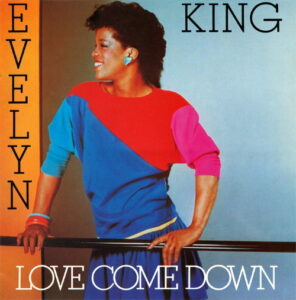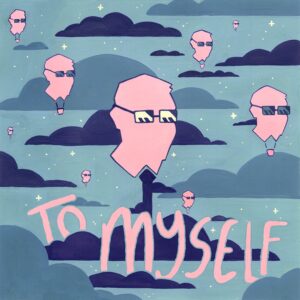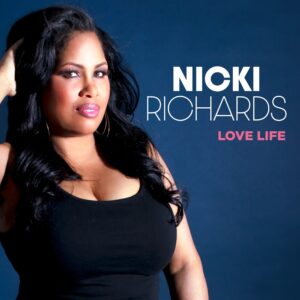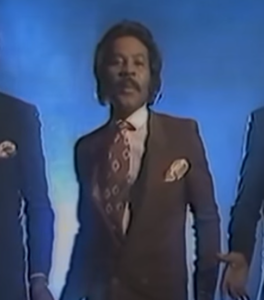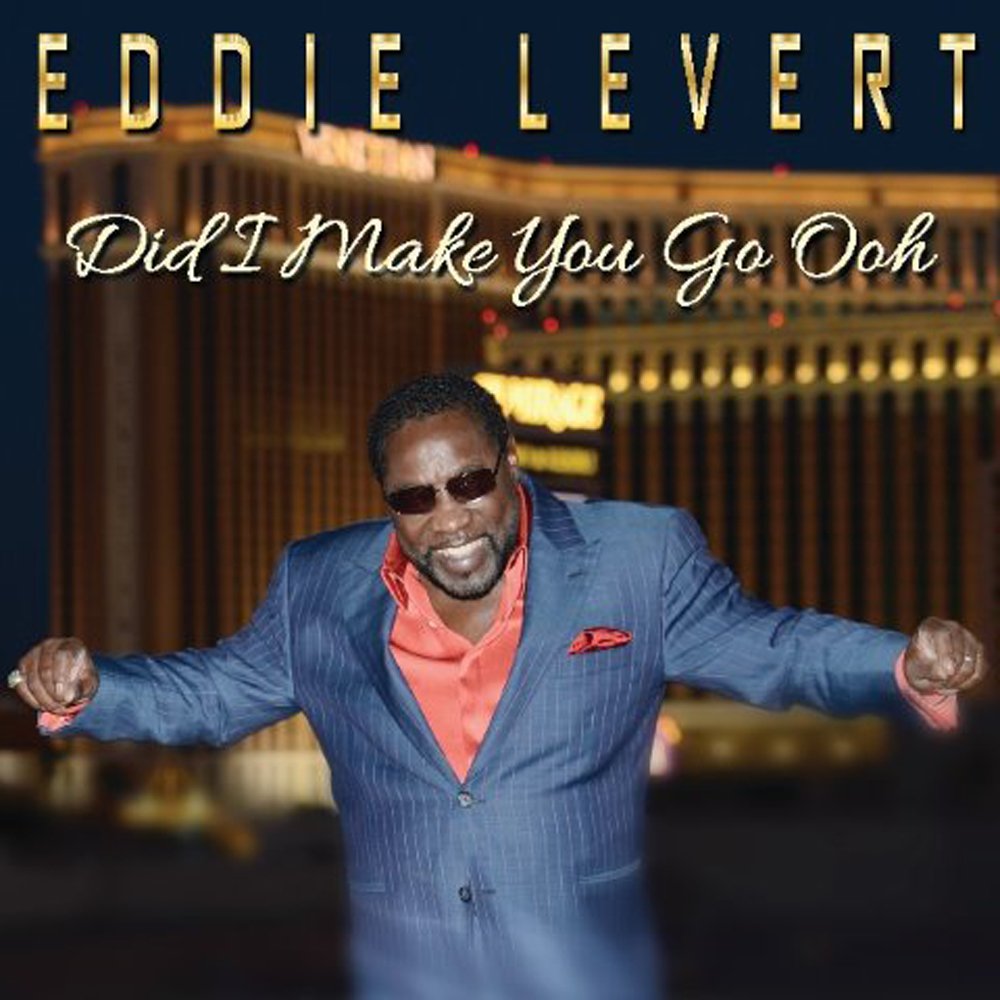Series featuring America's greatest blue-eyed soul group displays their shift from soul to psychedelia and back; includes exclusive mono mixes and extensive liner notes
LOS ANGELES, Calif. – The Rascals emerged from New York City in 1966 with a British Invasion look and an American soul- music sound. By the time their golden run on Atlantic was over, they'd racked up an incredible list of hits: "Good Lovin," "I Ain't Gonna Eat Out My Heart Anymore," "I've Been Lonely Too Long," "Groovin'," "A Girl Like You," "How Can I Be Sure," "It's Wonderful," "People Gotta Be Free" and "Carry Me Back," among others.
The principals of Collectors' Choice Music (CCM) spent years securing reissue rights to the Rascals' Atlantic albums, and will release them on August 28, 2007. The Rascals LPs have been reissued on CD before, but not with the original mono mixes – which purists (including remastering engineer Bill Inglot) believe to outshine the stereo mixes. So with the first four albums – The Young Rascals, Collections, Groovin' and Once upon a Dream – CCM includes the stereo versions back-to-back with the mono versions. (Yes, there's a certain geek factor to that, and that's what makes CCM great!)
The Rascals were composed of songwriters Felix Cavaliere (organ/vocals) and Eddie Brigati (vocals) along with Gene Cornish (guitar) and Dino Danelli (drums). The series traces their evolution through their garage and soul origins through their mastery of songwriting and their yearning to attain a higher artistic purpose as illustrated on the later albums.
- The Young Rascals: In one of the most formidable American rock debuts of the ‘60s, the Young Rascals, as they were then known, combined a raw garage sound with white soul stylings honed by hundreds of hours playing clubs in the New York area. The debut album includes the hits "Good Lovin'" and "I Ain't Gonna Eat Out My Heart Anymore" alongside soul and R&B classics. Both the stereo and mono versions of the album are included.
- Collections: Chief Rascal Felix Cavaliere told Melody Maker in 1966 that the Rascals' mission was to take back American music from the British Invasion. This album contains the defining hit "I've Lonely Too Long" alongside R&B classics like "Too Many Fish in the Sea," "Land of 1,000 Dances," "Mickey's Monkey" and more. Once again CCM includes the stereo and mono versions on one disc.
- Groovin': By the time of Groovin', the Rascals had graduated to writing most of their own material, and this album bore three huge hits: the title track "Groovin'," which struck a chord with its strong vocals and lazy harmonica; and "How Can I Be Sure" and "A Girl Like You," each a pop gem enhanced by Arif Mardin's sophisticated arrangements. Created in the mono years, CCM again includes both mono and stereo versions.
- Once Upon A Dream: If Groovin' had hinted at an impending psychedelic feel, Once Upon A Dream from 1968 took it all the way, daring to step out of the Rascals' comfort zone and into the burgeoning art-rock world populated at that time by no less than the Beatles and Rolling Stones. The band enlisted such key instrumentalists as King Curtis on sax, Herbert Laws on flute and Mel Lastie on trumpet, plus a string orchestra. The album did have a hit in "It's Wonderful." And the stereo and mono versions – both included here – are distinctly different from one another.
- Freedom Suite: Going one farther than Once Upon A Dream in releasing a double album, 1969's Freedom Suite focused on the political climate following the murder of Dr. Martin Luther King. Sides three and four, featuring three long instrumental jams, freed the Rascals of three-minute single-oriented constraints. Yet it was a single here, the soulful "People Got to Be Free," that struck a chord with the times.
- See: Times had clearly changed in the Rascals' world. The band's performances now featured orchestras. And Felix Cavaliere had begun studying Eastern philosophy with Swami Satchinanda. Critic Lenny Kaye – later of Patti Smith's group – wrote in his Rolling Stone review that he wished the Rascals would again focus on hit singles rather than lofty concepts. Yet in what would prove the final Rascals album with the original personnel, See added two more hits to the Rascals' list: the title track "See" and the gospel-tinged "Carry Me Back."
- Search and Nearness: The seventh and final album for Atlantic, Search and Nearness was doomed from the start. The band had departed Atlantic with intentions to jump to Columbia before the LP's street date, so the label didn't bend over backwards to promote it. In addition, Eddie Brigati – one of the band's key writers and vocalists – left during the sessions, but not before bring his brother David on board to join him on "Glory Glory." The Rascals further pursued the gospel flavor of "Carry Me Back," even going so far as to enlist Atlantic label-mates Cissy Houston and the Sweet Inspirations on backing vocals. The album was dedicated to Jerry Wexler, Ahmet & Neshui Ertegun, Eddie Brigati, Arif Mardin and the entire staff of Atlantic records "in fond remembrance of five great years." That's right, five! Time went more slowly in those days. And the Rascals pumped out seven superb albums in that time.
- Groovin': By the time of Groovin', the Rascals had graduated to writing most of their own material, and this album bore three huge hits: the title track "Groovin'," which struck a chord with its strong vocals and lazy harmonica; and "How Can I Be Sure" and "A Girl Like You," each a pop gem enhanced by Arif Mardin's sophisticated arrangements. Created in the mono years, CCM again includes both mono and stereo versions.


